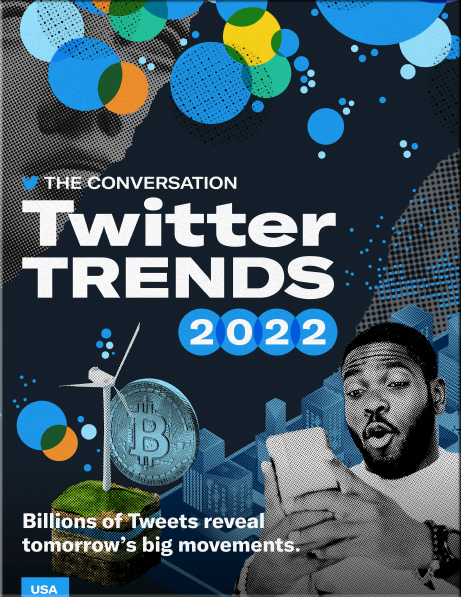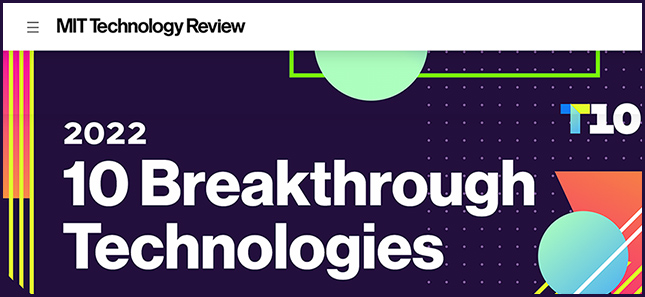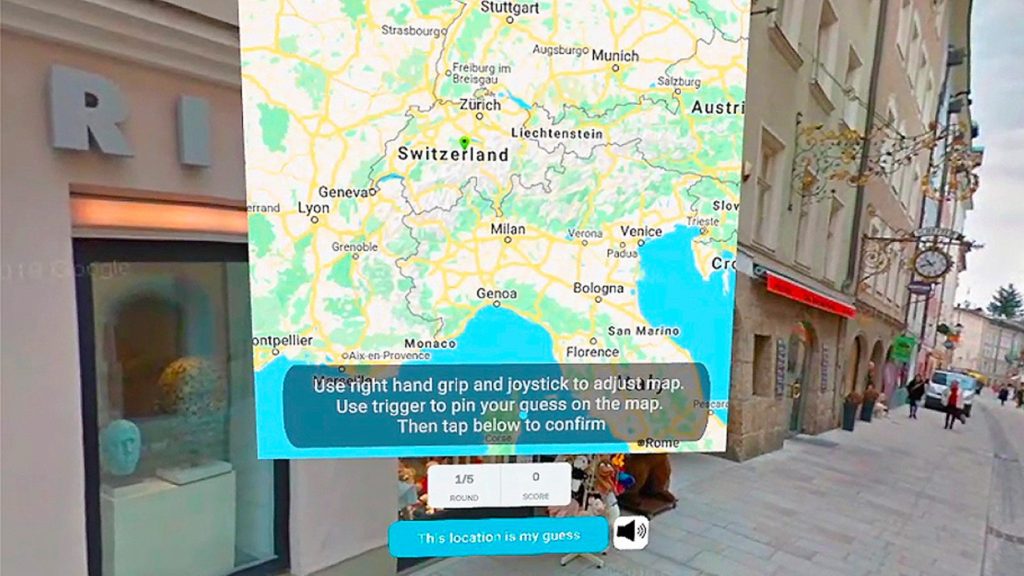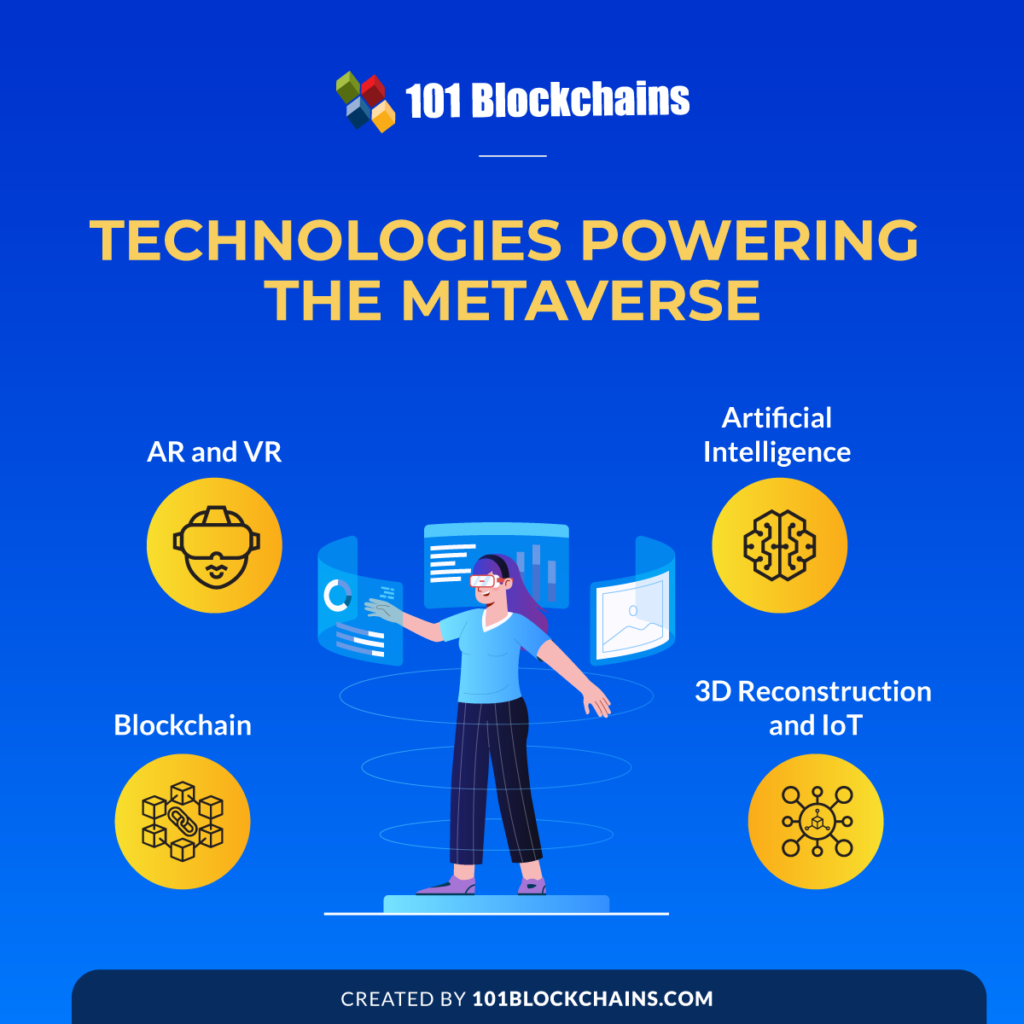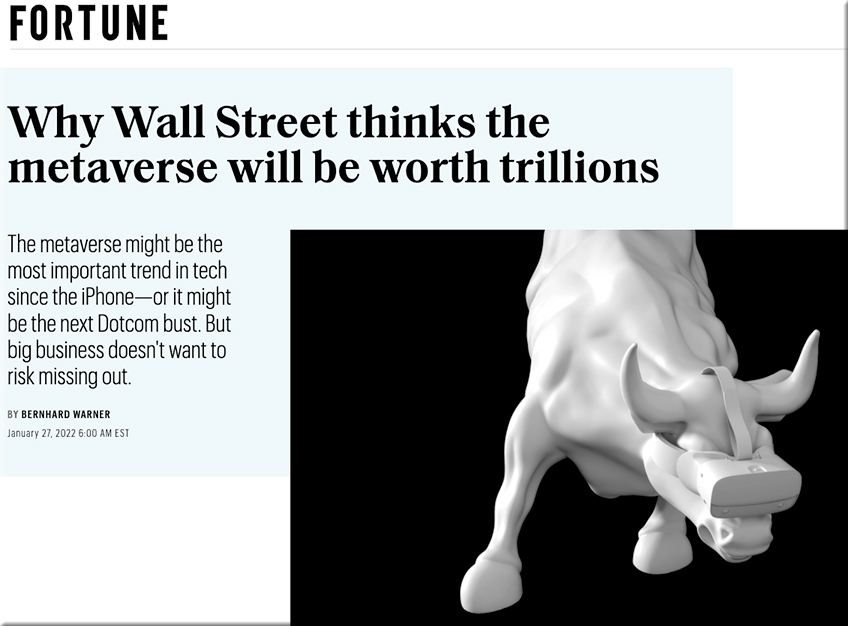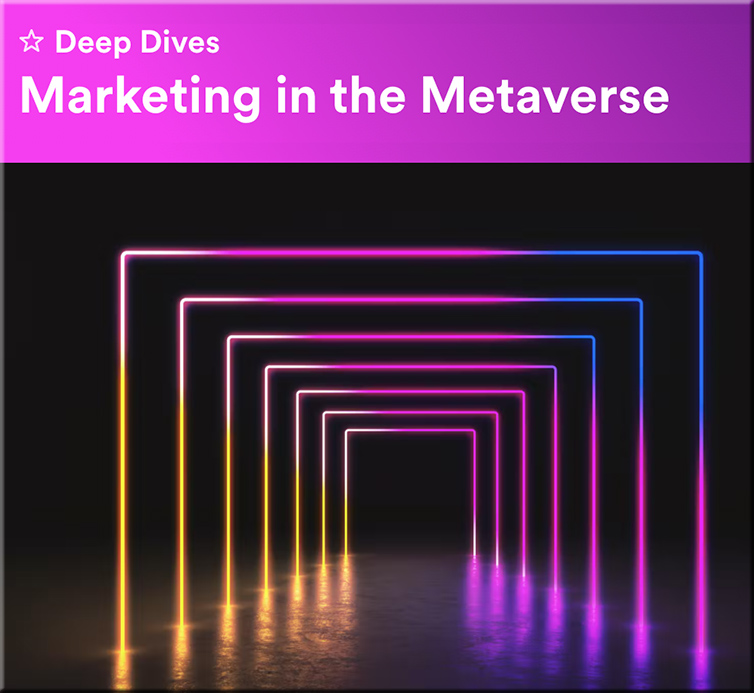The US Copyright Office says an AI can’t copyright its art — from theverge.com by Adi Robertson; resource via Sam DeBrule’s Machine Learnings newsletter
Excerpt:
The US Copyright Office has rejected a request to let an AI copyright a work of art. Last week, a three-person board reviewed a 2019 ruling against Steven Thaler, who tried to copyright a picture on behalf of an algorithm he dubbed Creativity Machine. The board found that Thaler’s AI-created image didn’t include an element of “human authorship” — a necessary standard, it said, for protection.
Also, along the lines of emerging technologies and the legal realm, see:
Law Firms Turn to AI to Vet Recruits, Despite Bias Concerns — from news.bloomberglaw.com by Erin Mulvaney and Chris Opfer; resource also via Sam DeBrule
Excerpt:
Law firms struggling to expand candidate pools and diversify workforces are turning to AI for help, even as regulators scrutinize the technology to ensure it doesn’t exacerbate biases rather than lessen them. A law set to take effect in New York City next year will limit the use of the technology in hiring and require that employers test recruiting algorithms for bias, while the U.S. Equal Employment Opportunity Commission is taking a closer look at the tools.









